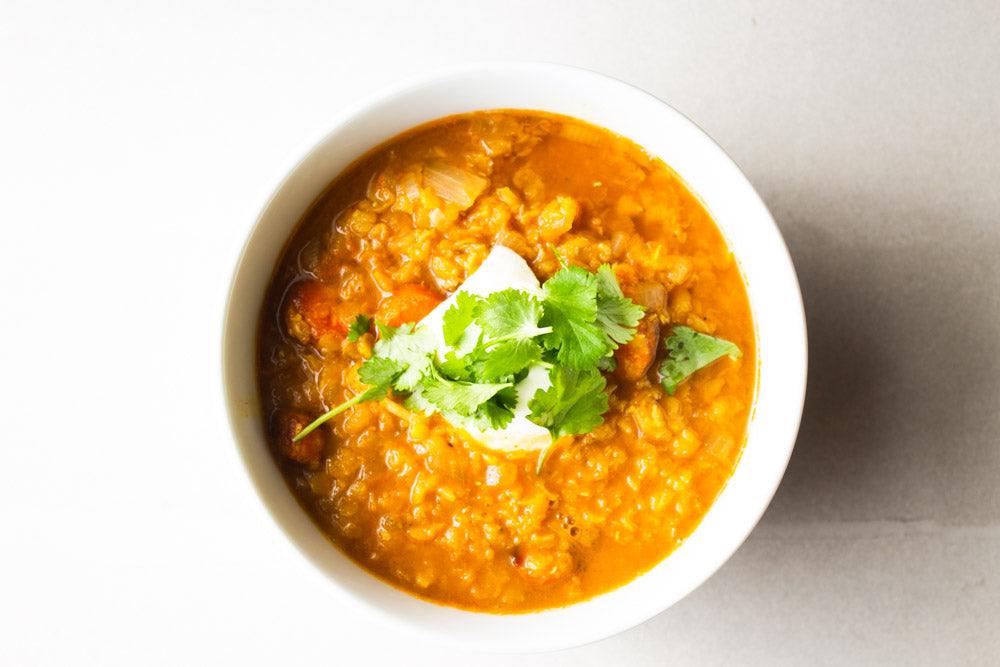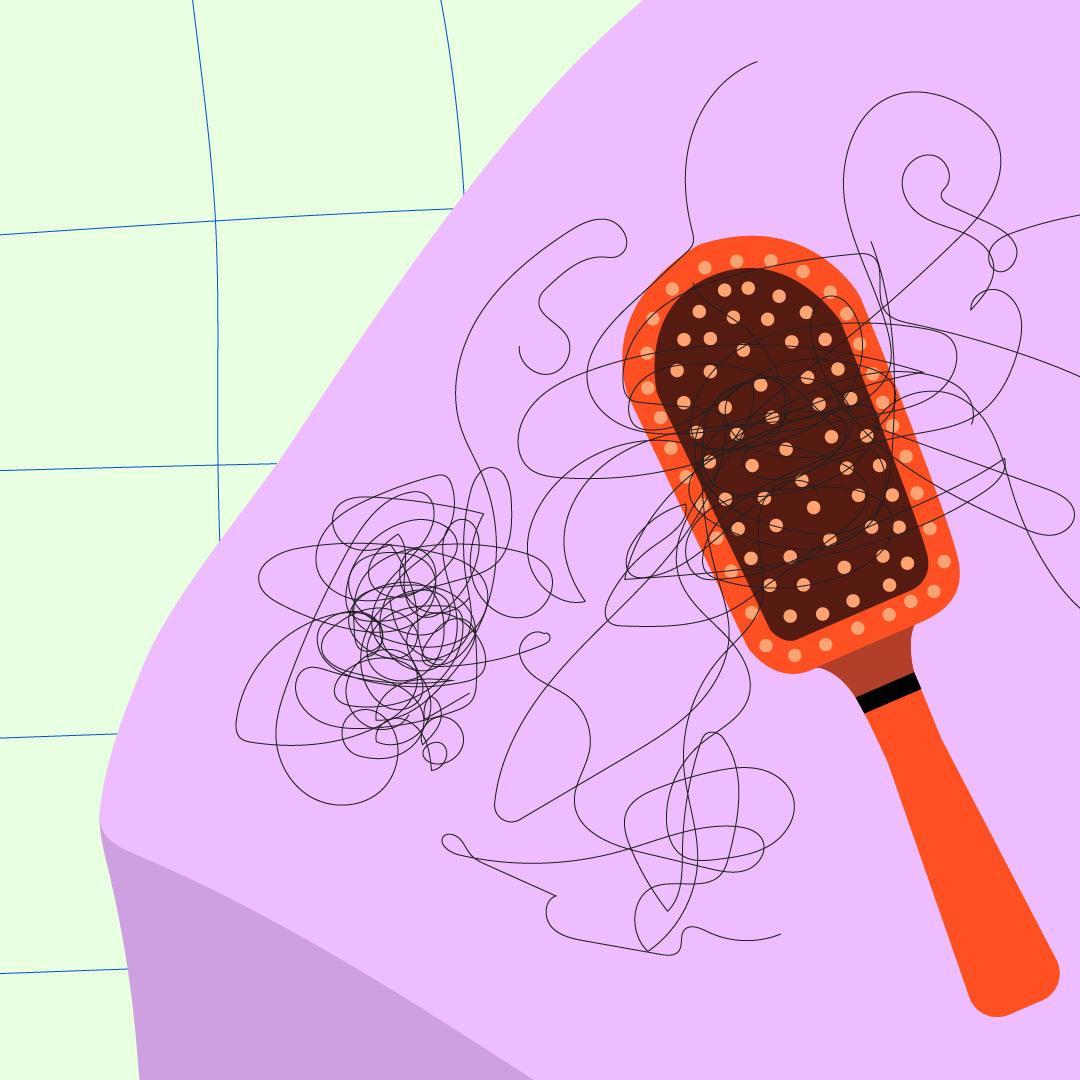In your fourth trimester your body will be in deep recovery mode. Supporting your body to heal needs to be a top priority... enter good foods packed full of nutrients and sustenance. We asked Registered Nutritionist and mum Steph Geddes of Body Good Food for her top insights on postpartum nutrition and favourite recipes for giving your body the support, energy and comfort it needs.
Congratulations! physically and mentally speaking, you have just run a marathon x5!! Birth, no matter how it pans out, is exhausting and takes an incredible toll on your body. It is so important to nourish yourself and allow time for healing and recovery in the weeks afterwards. Easier said than done, trust me, I know, but simple, whole food meals to nurture and nourish you from the inside out is an incredible way to look after your body and support you through navigating the newborn phase.
What to know about a postpartum diet
Whilst we aim to refuel and hydrate ourselves initially, loving our body with essential nutrients like protein, complex carbs, healthy fats, iron, zinc, B vitamins, Vitamin D, folate and more is such a wonderful thing you can do for yourself, especially in the 4-6 weeks post birth (but ideally ongoing). No rules or restrictions just balanced, nutrient dense meals and snacks that are simple to prepare and easy to eat with one hand whilst you have a baby in the other!
Top 5 tips for postpartum nutrition:
-
Plan ahead! Whilst you are nesting in late pregnancy, get a freezer stash ready to go. I’m talking pre-cooked meals, snacks and individual ingredients such as cooked quinoa, lentils or brown rice that can easily be put together with some fresh stuff for a quick and easy meal. It is also a great idea to ask friends/family that are offering their help to contribute to this freezer stash. Meals that freeze well include soups, casseroles, pasta sauces, curries, slow cooked meals, burgers and patties. Snacks that freeze well include loafs, muffins, bliss balls, slices, healthy brownies and also smoothie packs (the solid ingredients only and then just add liquid at time of serving).
-
Go for warm, cooked and gently spiced foods such as soups, broths, casseroles, curries, herbal teas, and porridges which are more easily digested and help to replace essential nutrients, promote healing and support milk production. Using a good quality bone broth full of gelatine and minerals is a great base for many of these recipes.
-
Ensure you're getting adequate protein (a palm size each meal). I’m talking legumes (lentils, chickpeas, beans), tempeh, tofu, quinoa, nuts, dairy and may also include animal sources like meat, poultry and fish. Protein is vital for repair and rebuilding and also keeps us feeling fuller for longer so having the pantry and fridge stocked with these foods will be a win!
-
Include plenty of fibre. Organs and bodily systems get moved and pushed around to accommodate a growing baby during pregnancy so it can take a bit of time for your digestive system to restore itself. Providing adequate fibre through vegetables, fruits, wholegrains, legumes, nuts and seeds will help your digestive and bowel functions – just be sure to drink plenty of fluids so the fibre can really work its magic!
-
Eat those healthy fats! In the initial postpartum period some may fear having fat in their diet due to wanting to lose some of their pregnancy weight gain but I can’t stress enough how nourishing healthy fats are during this time and that these first few weeks is not a time to worry about weight loss. Healthy fats like nuts, seeds, oily fish, avocado, olives, eggs, extra virgin olive oil and coconut can be used liberally to help meet energy requirements, provide anti-inflammatory properties, keep you feeling full and increase the absorption of other nutrients. A handful of nuts at your feeding station, some boiled eggs in the fridge and a bottle of extra virgin olive oil handy on the bench ready to drizzle over any meal are all great ways to get these healthy fats in!
The bottom line on postpartum eating
Remember your nutritional needs are increased during this postpartum period so use every opportunity you get to add maximum nutrition to your meals and snacks. Having others aware of this and ready to lend a hand will be invaluable so be sure to get a support team around you to help out. Perhaps they could start by preparing you my Moroccan Lentil Soup and my Quick and Easy Choc Chip Lactation Cookies below…(the cookies are great whether you are breastfeeding or not but calling them lactation cookies meant my husband avoided them and there were more for me).


















































































































